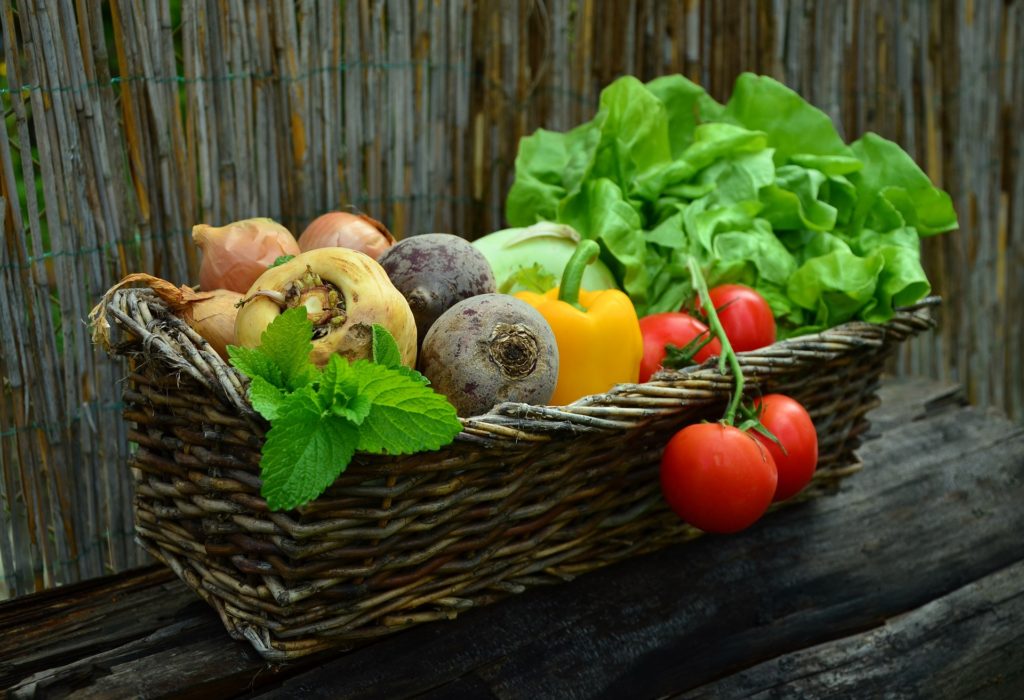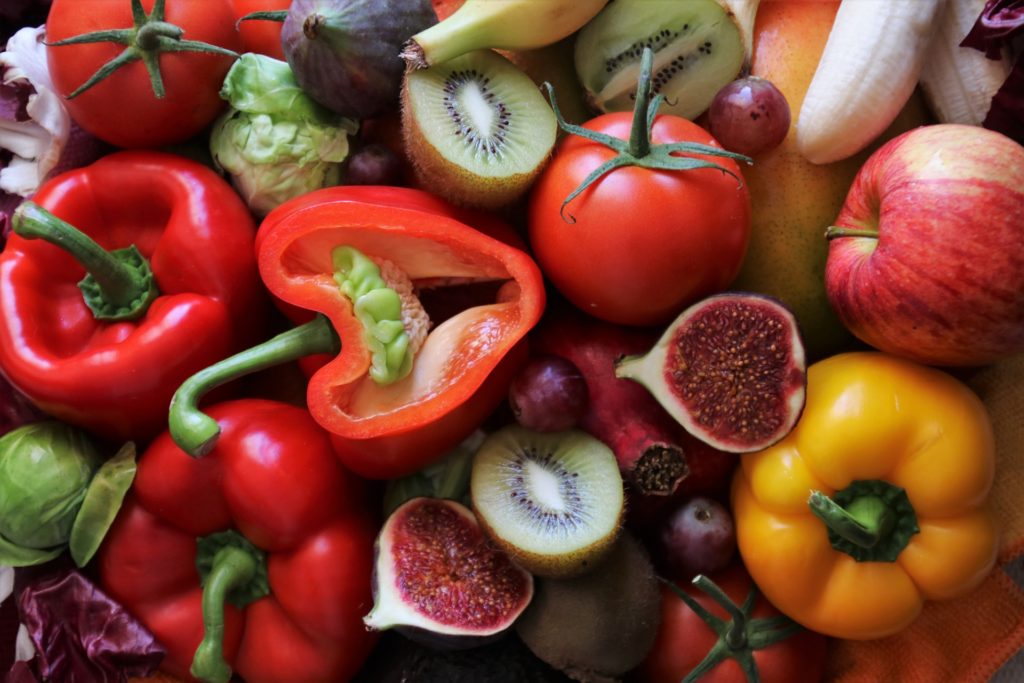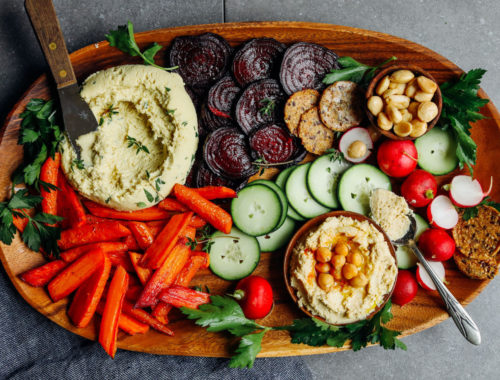Prevent
Do Organic Products Reduce Cancer Risk?

People who eat mostly organic products have a 25% lower cancer risk, according to a recent French study published in JAMA Internal Medicine.
In particular, participants showed a lower risk for postmenopausal breast cancer and lymphomas.
However, practicing an overall healthy diet full of fruits and vegetables (whether using organic or conventional products) is key to protecting yourself from cancer, according to commentary on the study from Harvard T.H. Chan School of Public Health.

The study on organic foods followed the diets of 68,946 adult participants from France (mostly women around 40 years of age) over the course of about 4.5 years.
The volunteers reported on how often they ate a variety of 16 types of organic products. These included fruits, vegetables, soy-based products, dairy products, meat and fish, eggs, grains and legumes, bread and cereals, flour, vegetable oils and condiments, coffee and tea, wine, and dietary supplements.
Participants also gave information about their general health status, their occupation, education, and income.
The researchers factored in these characteristics, as well as physical activity, smoking, use of alcohol, family history of cancer, and weight.
Even after these adjustments, the results showed that the participants who ate organic food the most frequently, compared to those who ate the least, had:
- 25% lower cancer risk
- 76% fewer lymphomas (and 86% fewer non-Hodgkin’s lymphomas)
- 34% reduction in breast cancers that develop after menopause
While this type of study can’t prove that eating organic foods causes fewer cancers, it suggests that an organic diet might help reduce cancer risk.

How organic food protects health
In the USA, organic food standards do not allow:
- Most synthetic fertilizers and pesticides
- Genetically modified organisms
- Hormones or antibiotics (when raising animals for meat products)
Past research suggests that some chemicals (pesticides and herbicides) used in conventional farming may be linked with certain cancers, particularly lymphomas. However, researchers are still investigating whether eating organic foods lowers cancer risk.
The French study on organic food did not consider the participants’ motivations for eating organic products. For example, someone who is discouraged from buying organic products because they are too expensive might still have an overall lower cancer risk if they practice other healthy lifestyle choices.
If avoiding conventional produce leads someone to eat fewer fruits and vegetables, their cancer risk might ultimately be greater.
While it might be best to eat organic if possible, an overall healthy lifestyle (including a nutritious diet) is the best cancer protection.

Eat organic if possible, but a healthy lifestyle is more important
If organic options are available and fit into your budget, choose organic foods whenever possible.
But when it comes to your health, getting the benefits of a full variety of fruits and vegetables is the always the best choice.
There are also some produce that pose a greater risk of exposure to pesticides. According to Consumer Reports, the following produce have a greater pesticide risk and should be purchased organic when possible:
- Carrots
- Cranberries
- Green beans
- Hot peppers
- Nectarines
- Peaches
It’s also important practice other healthy lifestyle factors, including:
- Exercising regularly
- Maintaining a healthy weight
- Avoiding or limiting alcohol
- Avoiding or limiting inflammatory foods




